In a catastrophic event described as the worst flooding in 80 years, the southern Brazilian state of Rio Grande do Sul is grappling with unprecedented devastation. The death toll has soared to at least 78, with fears of further casualties looming. Over 115,000 individuals have been displaced as the state reels from the disaster, according to a report by Reuters published on Monday (May 6).
The magnitude of the flooding has eclipsed even the historic deluge of 1941, marking a grim milestone in the state's history. On Sunday (May 5), the number of missing persons surged to 105, up from 70 reported the previous day.
Compounding the crisis, heavy rains triggered a landslide at a hydroelectric plant, resulting in a partial breach of a dam and leaving over 400,000 residents of Rio Grande do Sul without electricity.
Widespread destruction of roads and bridges has left several cities isolated, exacerbating the humanitarian crisis. Additionally, approximately one-third of the population is grappling with a shortage of drinking water.
Amidst the chaos, volunteers have undertaken heroic efforts to rescue stranded individuals and deliver essential supplies via boats, jet skis, and even swimming. Fabiano Saldanha, a rescue worker in the state capital of Porto Alegre, recounted harrowing rescue missions, stating, "I and three friends using jet skis have rescued about 50 people since Friday." The desperate cries for help echo across the flood-ravaged landscape.
Brazilian President Luiz Inacio Lula da Silva has visited the affected region, offering assistance from the central government. Meanwhile, Governor Eduardo Leite has characterized the situation as akin to wartime, underscoring the severity of the flooding crisis.
The National Geological Survey of Brazil has highlighted the perilous situation in Porto Alegre, where the breach of Lake Guaiba and its banks has led to a drastic rise in water levels. In some areas, two-story homes have succumbed to the deluge, sinking beneath the rising waters.
Brazil's recent spate of flooding underscores the country's vulnerability to natural disasters, with at least four floods occurring in the first four months of the year alone. Tragically, from mid-last year to year-end, the nation witnessed multiple floods claiming the lives of at least 75 individuals, underscoring the urgent need for comprehensive disaster preparedness and response measures.



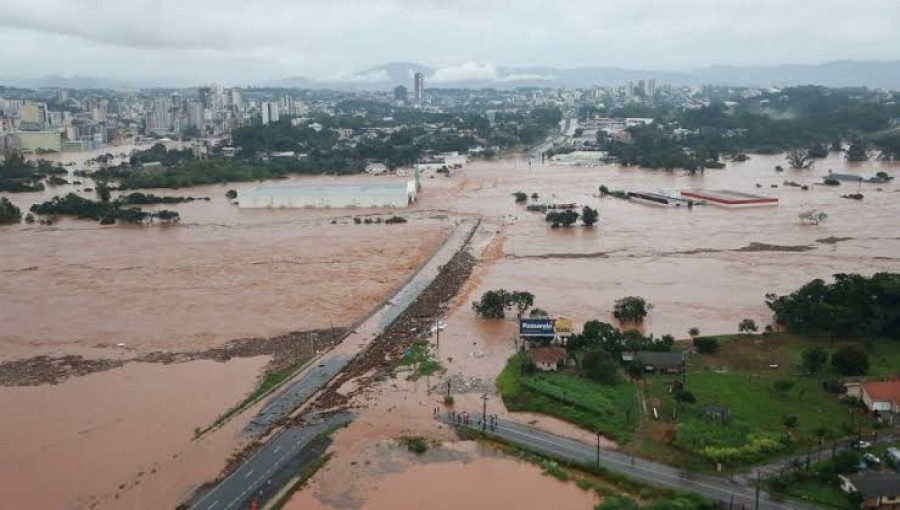
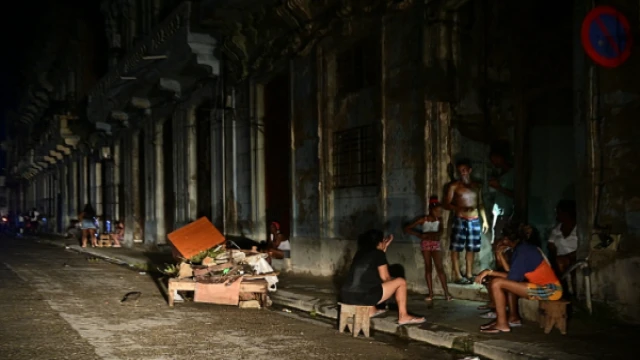

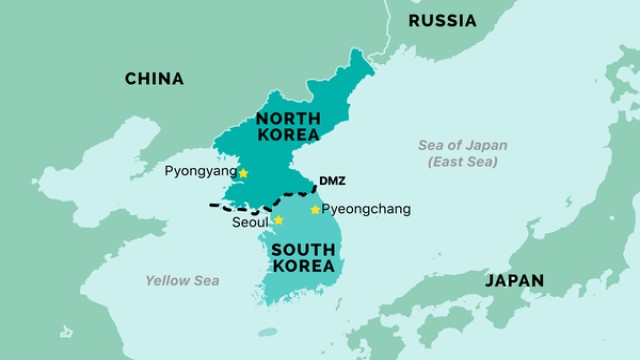




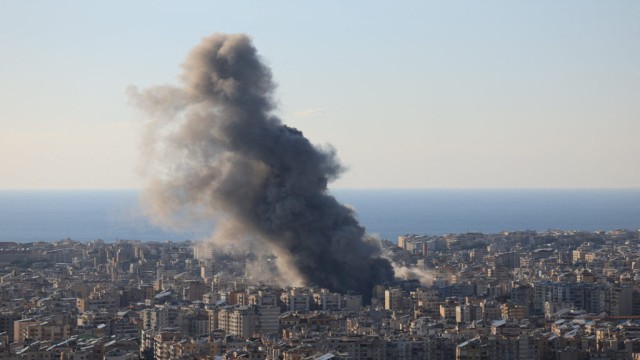


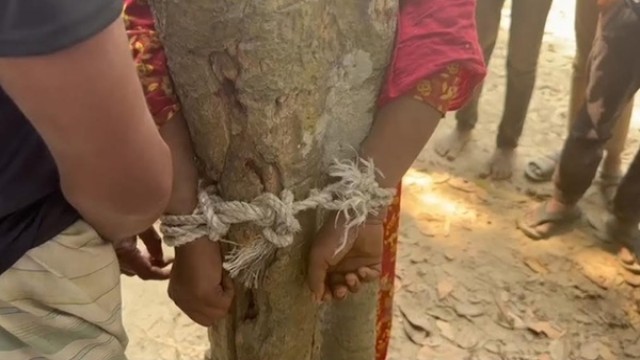













Comment: